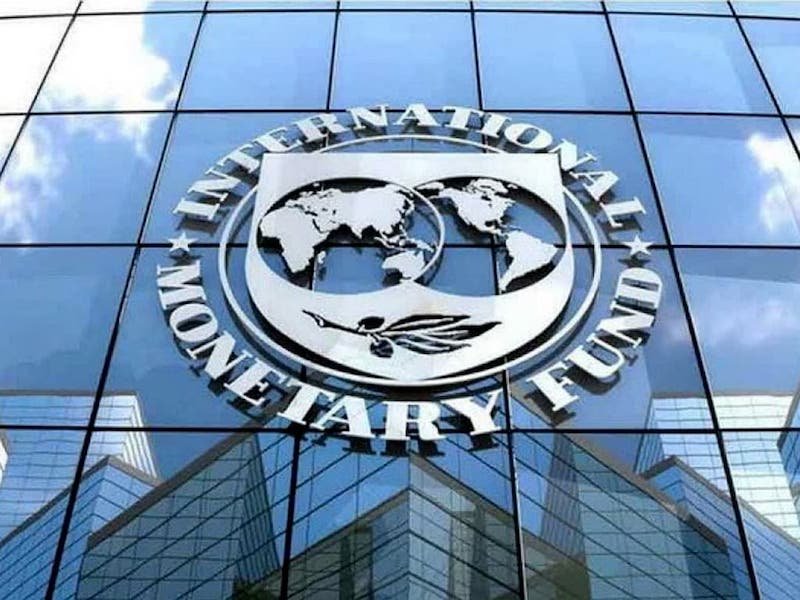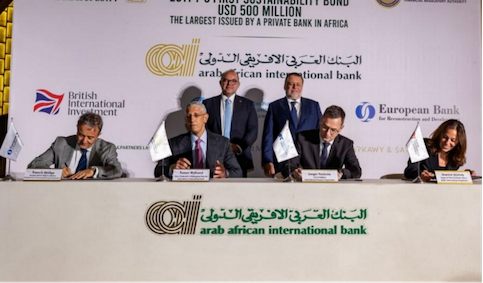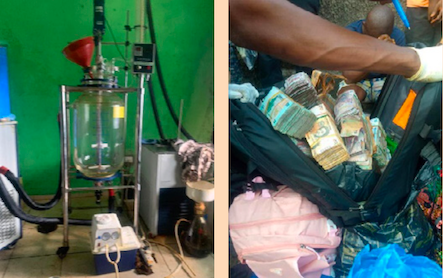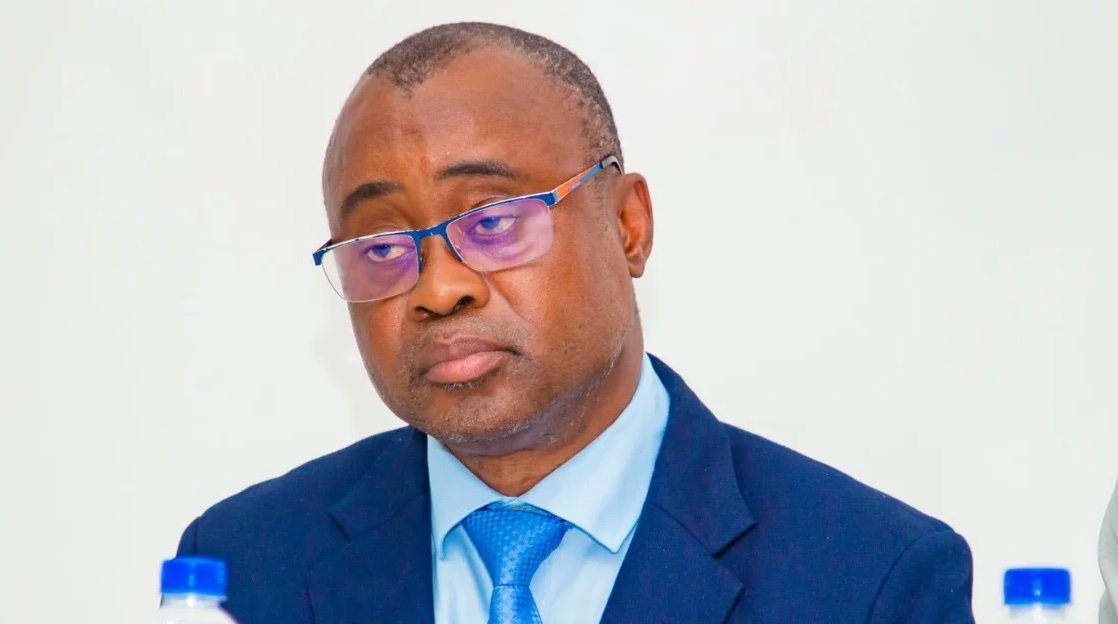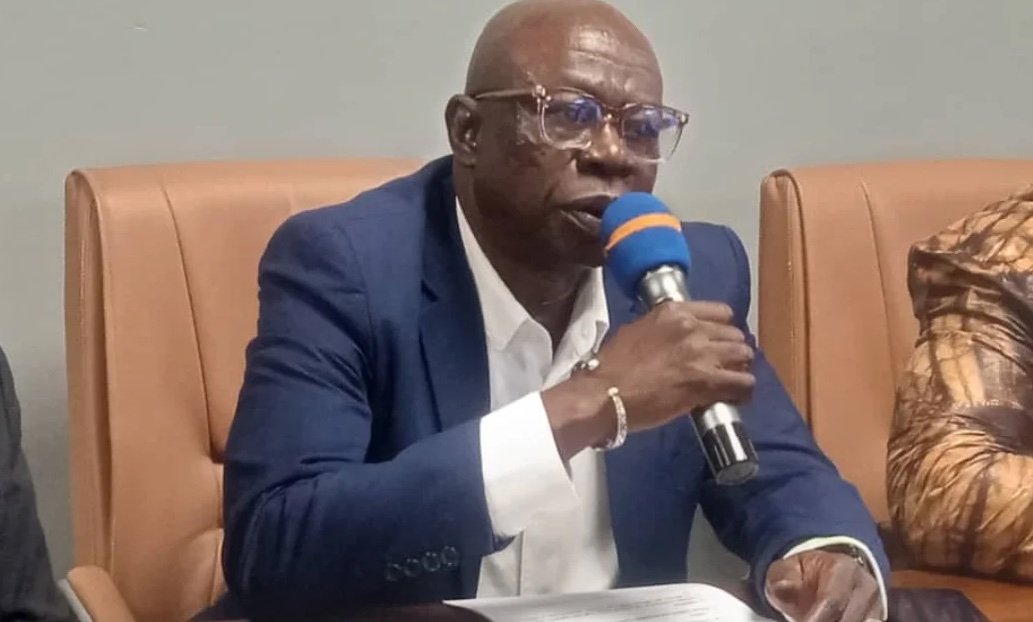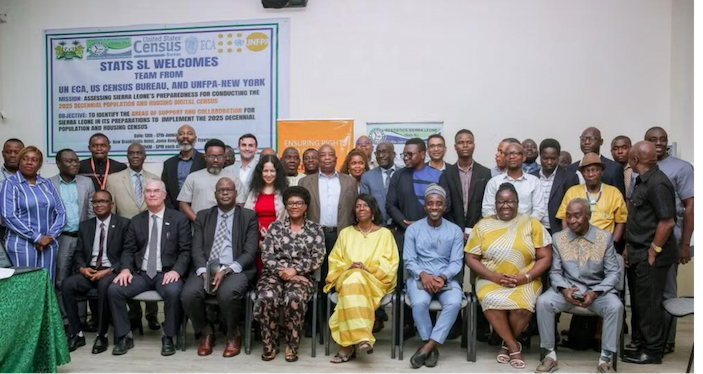Japan nudges Africa On Auto Battery Production.
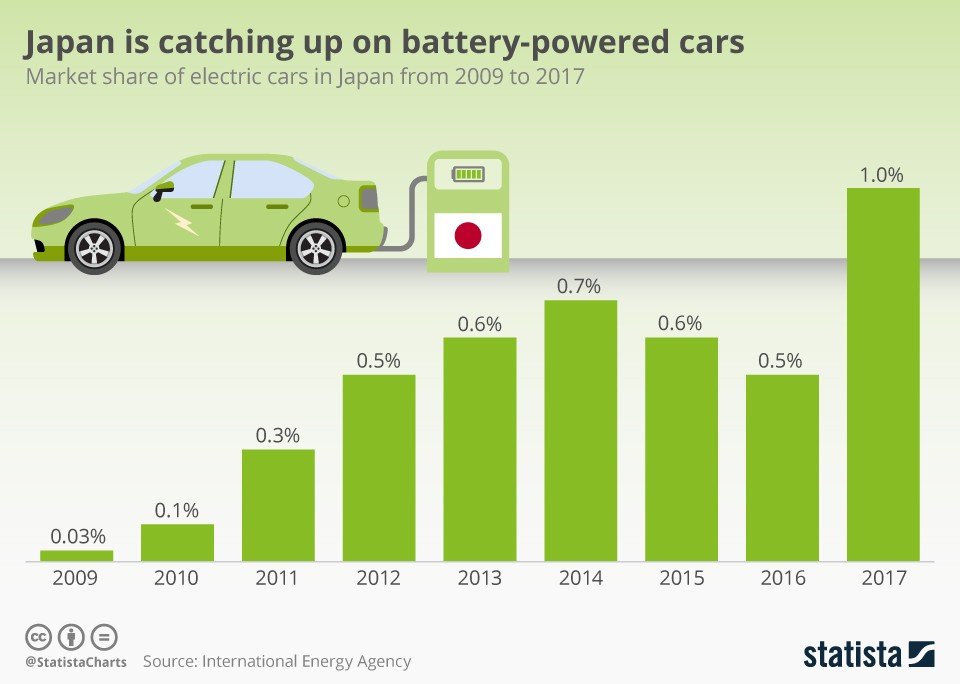 Bar Chart for Electric Vehicle Industry in Japan
Bar Chart for Electric Vehicle Industry in Japan
The electric vehicle and battery global market has potentials to hit the 59 trillion united states dollar mark by 2050. It presently boasts of 7 trillion dollars. Japan and Africa are already brainstorming on how to tap from this huge market. The Japanese government and the Fund for African Private Sector Assistance (FAPA) are preparing a transformative agenda involving African and Asian investors, entrepreneurs, and industry leaders to devise strategies for the production of batteries for electric vehicles (EVs).Speaking at a roundtable organised by the two proponents, Dr Akinwumi Adesina, President of The African Development Bank (AfDB) opined that the development would present Africa with a unique opportunity.
“This trend presents Africa with a unique opportunity to not just export raw materials but also harness them within its borders to create jobs, generate revenue, and boost economic growth”, Akinwumi stated. Adding that Africa holds 95% of the world's chromium, 90% of platinum group metals, two-thirds of cobalt, 30% of lithium and manganese, and 20% of graphite.“
With the electric vehicle and battery market projected to explode from $7 trillion in 2030 to a staggering $59 trillion by 2050, African nations must seize this opportunity”.
Tatsushi Amano, Managing Executive Officer at the Japan Bank for International Cooperation (JBIC), emphasized the evolving finance mechanisms that are increasingly integrating development goals. “Nowadays, many of the Export Credit Agencies (ECAs) are moving toward the direction of development finance.” Amano's comments underscored a paradigm shift wherein financing is not merely about supporting exports but about investing in sustainable projects that yield mutual benefits for investors and producing countries.
Dr. Kodjo Busia, Executive Director of Green Africa Minerals, highlighted the historical continuum of Africa's reliance on raw material exports, a pattern entrenched even further by structural adjustment policies that did little to encourage industrialization. He called attention to the 2008 Africa Mining Vision, which is now shifting those dynamics towards value addition, skills development, and regional value chains. 'African leaders got together and said, ‘Look, it’s time to add value to our resources as a way of harnessing the whole venture of our natural resources,’ he stated, emphasizing the increased importance of refining and processing minerals in-country. Samuel Olu Faleye, Chief Executive Officer of SAGLEV Inc. a Lagos-based electric vehicle manufacturing concern observed the growing domestic demand for Electric Vehicles, particularly in the ride-hailing industry. With over 6,000 EVs required for ride-hailing alone, Faleye noted the crucial need for innovative financing solutions. He advocated for blended financing and public-private partnerships to develop necessary infrastructure for charging and servicing electric vehicles, a critical need in fostering a domestic EV industry.
06/11/2024


